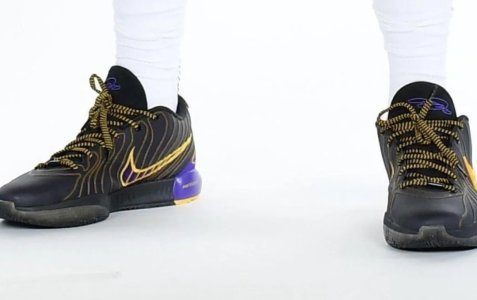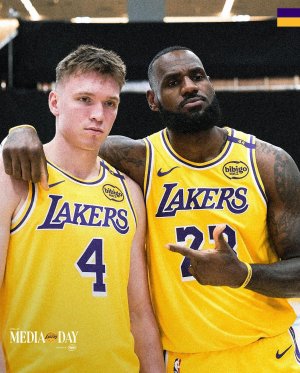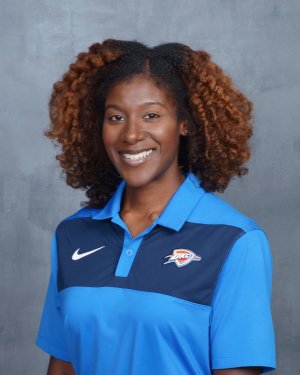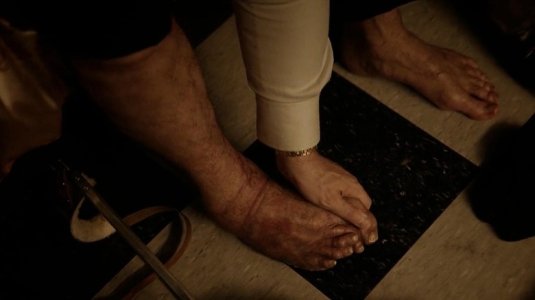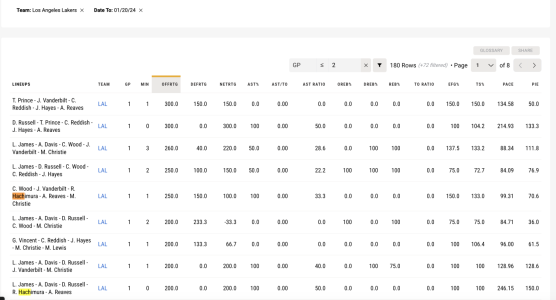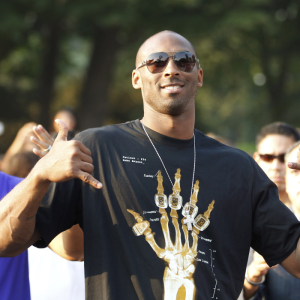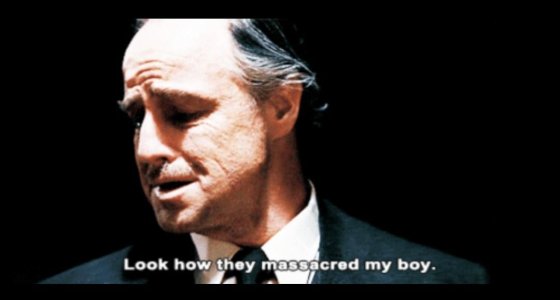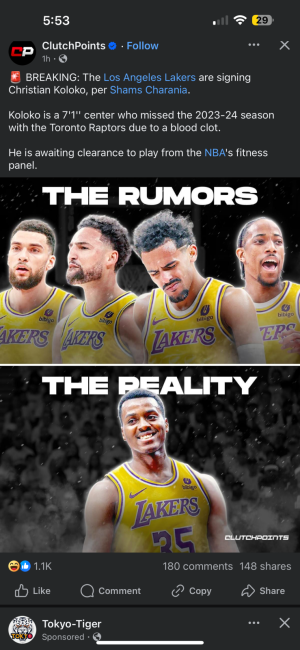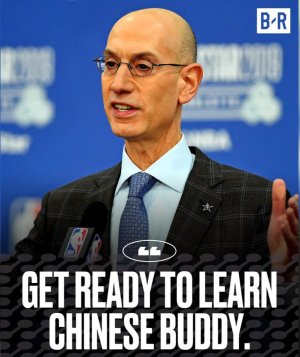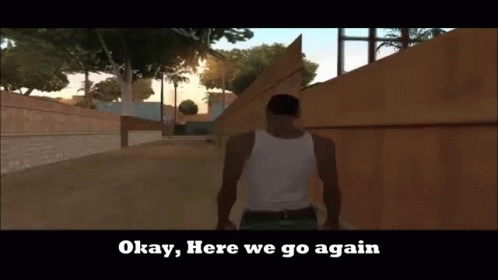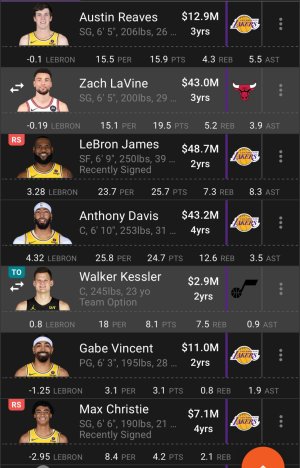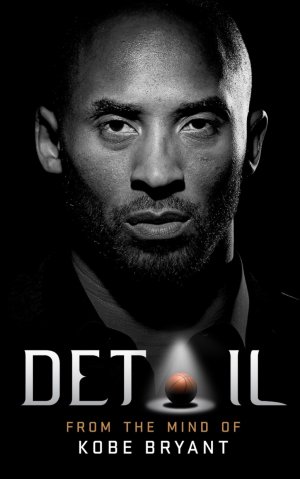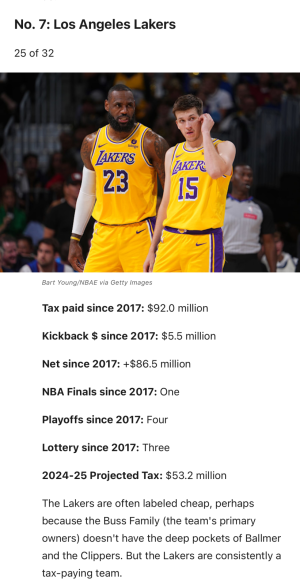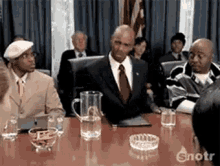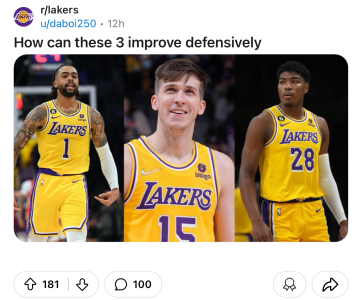- 20,616
- 10,222
- Joined
- Sep 11, 2011
Nah they asked if he was gonna play in the Olympics lmao he said nah ima play with the tune squad hahaMan's has lost it.
either way tho
We need a third star for sure
no more Klutch agents either **** was coo while it lasted but unlessDame signs to rich paul then nah haha
might be time to start utilizing Bron as a roll man in the pnr more often next year










 Blazers ain’t taking these garbage *** players from us
Blazers ain’t taking these garbage *** players from us




